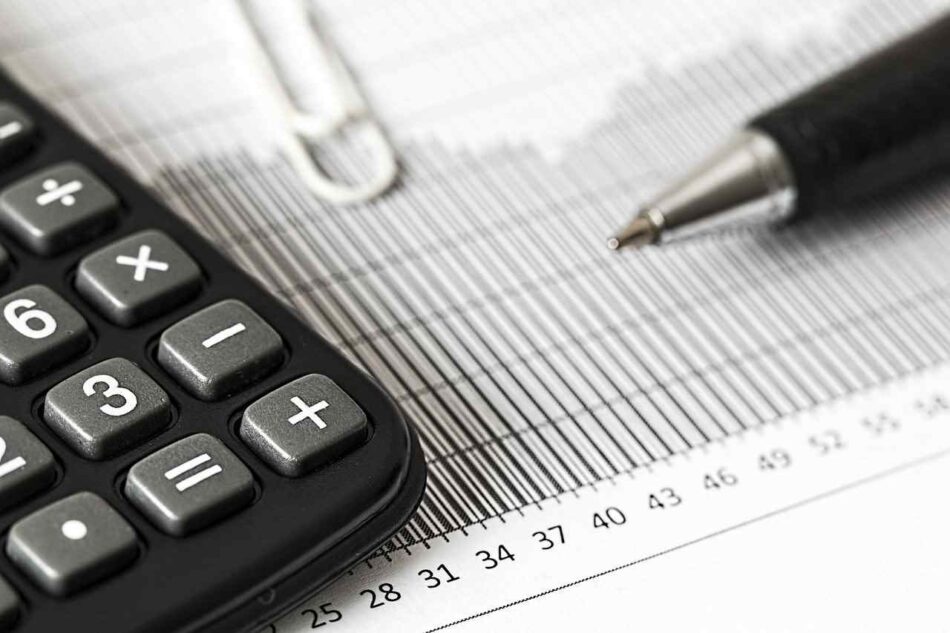If you’re running a membership or subscription business, you may want to consider getting a high-risk merchant account. However, a high-risk merchant account can be complicated to open and manage. The guarantors who are usually the business owners often have credit problems, tax liens, and other financial issues. Fortunately, there are companies out there that specialize in high-risk merchant accounts, and they can handle the messy process for you.
Identifying a high-risk Merchant
A high-risk merchant is a merchant that has a high rate of chargebacks or fraud. They usually don’t have a long history of accepting payments or have poor credit ratings. In addition, a high-risk merchant is more difficult to communicate with if there’s a problem with payment. In order to avoid becoming one of these merchants, it is important to know your chargeback ratio month-to-month and keep in touch with payment processors.
When it comes to credit card processing, high-risk merchants should know their industry and transaction volume before obtaining a rate quote. For example, a high-risk merchant may sell firearms, adult entertainment, or pharmaceuticals. This type of merchant will have a higher rate of chargebacks and will need to pay additional chargeback fees.
Also, Read-High Risk Credit Card Processing
Requirements for a high-risk Merchant account
Once you have chosen the type of high-risk merchant account you need, you must decide on a payment processor. Some payment processors are suited for high-risk businesses, while others are not. When comparing payment processors, choose a company that specializes in your industry. Some of these companies include Payment Cloud, Durango Merchant Services, Payline Data, Host Merchant Services, and Soar Payments.
Obtaining a high-risk merchant account can be difficult. Not only will you have to meet strict government regulations, but your account could also be suspended or terminated if you violate them. For this reason, it is important to read through the requirements carefully. Keep in mind that these types of accounts usually cost more than regular merchant accounts and will require higher processing fees.
If you run an international business or accept payments from international customers, you are more likely to be classified as high-risk than most businesses. This is due to the fact that international card payments are more likely to result in chargebacks and fraud than domestic cards. Hence, it is important to check whether your business will be considered high-risk if you plan to accept international card payments.
Also, Read- Choosing Merchant Account Providers
Fees associated with a high-risk merchant account
High-risk merchant accounts come with a number of fees, including payment processing charges and chargeback fees. Some high-risk merchant account providers also charge monthly subscription fees and set-up fees. It is important to understand these fees in order to avoid paying extra money and maximize your profits.
High-risk merchant accounts require specific information regarding your industry, which may include information on your chargeback ratio. The higher the ratio, the more likely you will be declined for a merchant account. In addition, your merchant account may be suspended by major processors if your chargeback ratio rises too high. In order to avoid this, it is critical to provide a detailed industry description.
High-risk merchant account fees are not set in stone, but you can negotiate them with your payment processor. The amount you pay will vary depending on the type of business you have. The fees associated with a high-risk merchant account may include the set-up fees of your merchant account, swipe terminal, or high-risk payment gateway, processing fees based on processing volume, and penalty fees for consumer chargebacks.
Signs of a high-risk merchant account
High-risk merchants are those who process a higher volume of transactions than average. This type of business is subject to higher charges for fraud and chargebacks than most other merchants. This category includes businesses in the adult industry, CBD suppliers, online pharmacies, and dating services. This type of business also typically has a lower credit score, making it more difficult to resolve payment problems with customers.
A high-risk merchant account is not recommended for all businesses, but it is appropriate for those with past rejections or high-ticket sales. A high-risk merchant account will require higher processing rates and fees than a standard merchant account. In addition, banks and payment platforms may require a reserve from merchants. High-risk merchant accounts also come with a lot of limitations.
A high-risk merchant account is not necessarily the end of the world, but it can be a hindrance to success. High-risk merchants should know their risk factors before applying for a merchant account. Keeping track of chargebacks is essential, and understanding your payment processor’s terms and policies is crucial.




